On World Cancer Day, The Interview World stands united with the millions fighting cancer, their families, and the relentless professionals dedicated to finding a cure. Cancer is not just a disease—it is a global crisis that transcends age, gender, and borders, affecting every community.
This year’s theme reinforces a powerful truth: “United by Unique,” accenting people-centred care. Progress is possible when we champion awareness, prevention, early detection, and equitable access to treatment. While scientific breakthroughs and cutting-edge therapies continue to push boundaries, the battle remains far from over. Healthcare disparities persist, denying countless patients access to life-saving treatments. We must bridge this gap, ensuring that no one is left behind due to economic or social barriers.
The fight against cancer extends beyond medicine. It demands resilience, compassion, and collective action. Governments, organizations, and individuals must step up—by funding research, advocating for impactful policies, and empowering survivors. Education is equally vital in dispelling myths and promoting preventive care, from healthy lifestyle choices to routine screenings.
At The Interview World, we are committed to amplifying voices that drive change—doctors, scientists, healthcare leaders, survivors, and advocates. Today, we renew our pledge: to raise awareness, invest in solutions, and work toward a future where cancer no longer claims lives. Together, we can close the care gap.
On this World Cancer Day, The Interview World speaks with Prof. Dr. G. K. Rath, Former Head of the National Cancer Institute (India) and the Department of Radiation Oncology at AIIMS, New Delhi. In this insightful conversation, Prof. Rath delivers a crucial message—one that raises awareness, inspires action, and fuels meaningful change.
Furthermore, he highlights the effectiveness of the cervical cancer vaccine in prevention, explores groundbreaking technological advancements, and examines the efficacy of modern treatments in achieving long-term remission. Prof. Rath also addresses the urgent need to make cancer treatment more affordable, underscores AI’s transformative role in oncology, and analyses the alarming rise in cancer cases over recent decades.
Here are the compelling insights from his conversation.
Q: What key message would you like to share with the public on World Cancer Day to raise awareness, inspire action, and drive meaningful change?
A: Cancer stands out as the most preventable, detectable, and treatable disease among today’s major health concerns like diabetes, high blood pressure, and thyroid disorders. Let me explain why.
Diabetes cannot be prevented or cured—it can only be managed. The same applies to high blood pressure and thyroid disorders. But cancer is different. Up to 60% of cases are preventable, 60% are detectable at an early stage, and 60% are treatable with success.
Take Punjab as an example. People there neither smoke nor chew paan, and as a result, oral cancer is virtually non-existent. This is a well-documented fact in India.
I have personally treated many patients who have fully recovered from cancer. While I cannot disclose their names due to ethical reasons, their stories are widely reported in newspapers and media. Countless individuals have successfully overcome cancer, proving that with the right approach, it is not a death sentence.
Cancer is a disease that can be controlled—if you act early. Prevention comes down to two simple yet powerful measures. First, avoid tobacco in any form. Punjab’s low oral cancer rates reinforce this point. Second, vaccinate young girls between the ages of 9 and 14 against human papillomavirus (HPV) to prevent cervical cancer.
Prevention is within reach, and with awareness, early detection, and timely treatment, cancer can be beaten.
Q: How effective is the cervical cancer vaccine in preventing the disease?
A: The cervical cancer vaccine offers 100% effectiveness for young girls aged 9 to 14. Moreover, cervical cancer itself is highly treatable. Yet, fear surrounds this disease unnecessarily.
People should not be afraid of cancer. Instead, they should focus on awareness, prevention, and timely treatment. I have shared these insights with several media houses, and you can find my message there.
Doctors and the media play a crucial role in reshaping public perception. Together, we must spread the truth—cancer is not the enemy to fear. On the contrary, with the right knowledge and action, cancer should fear us.
Q: What are the latest technological breakthroughs in cancer research and treatment, and how are they transforming patient outcomes?
A: India has made remarkable strides in cancer research and treatment. Today, three primary treatment modalities drive progress: surgery, radiotherapy, and chemotherapy.
In surgery, robotic-assisted minimally invasive procedures have revolutionized patient outcomes. Radiotherapy now leverages cutting-edge technologies like linear accelerators, proton therapy, and carbon ion therapy for precise tumour targeting. Chemotherapy has also advanced significantly with the introduction of T-cell therapy and targeted treatments, offering more effective and personalized approaches.
As a result, 60% of cancers are now completely curable—not just manageable like diabetes, but entirely eradicated.
Q: How effective are current cancer treatments in achieving long-term remission?
A: Absolutely. I cannot disclose the names of the VIPs I treated for cancer, but I can confirm their complete recovery. In fact, nearly 20 VIPs are now cancer-free. Beyond them, thousands of my patients have also been successfully cured.
Q: What key measures can be implemented to make cancer treatment more affordable and accessible for all patients?
A: As I mentioned, my focus is on reducing the cost of cancer treatment. A linear accelerator, which costs ₹25 crore abroad, is now being manufactured in India for just ₹10 crore. Similarly, chemotherapy drugs that once cost lakhs are now available for only thousands. Robotic surgical systems, previously imported at ₹25–30 crore, are now being produced domestically for just ₹5 crore. We are all working relentlessly to make cancer treatment more affordable and accessible.
Q: What role is AI expected to play in advancing cancer treatment, and how can it improve diagnosis, precision medicine, and patient outcomes?
A: AI seamlessly integrates everything we are discussing, connecting surgical, radiation, and medical technologies. It plays a pivotal role in cancer diagnosis and prevention, enhancing accuracy and efficiency. With its advanced capabilities, AI is transforming the way we detect and treat cancer, making early intervention and effective cures more achievable than ever.
Q: What factors have contributed to the rising number of cancer cases over the past two decades, and how can they be addressed?
A: Several factors are driving the rise in cancer cases. Tobacco use continues to increase, exposing more people to its harmful effects. Pollution is another major contributor, worsening health risks. Additionally, many young girls are not receiving the cervical cancer vaccine. We must actively encourage vaccination for girls aged 9 to 14, ensuring early protection against cervical cancer.


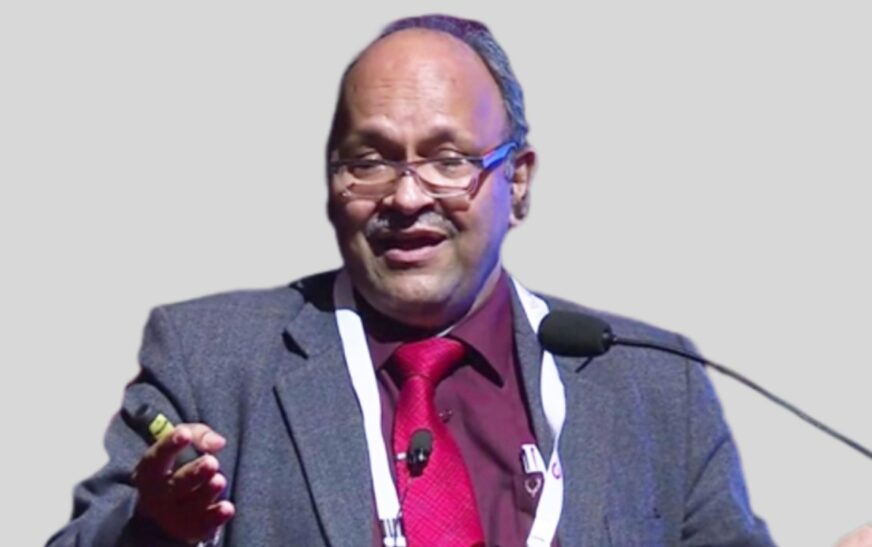
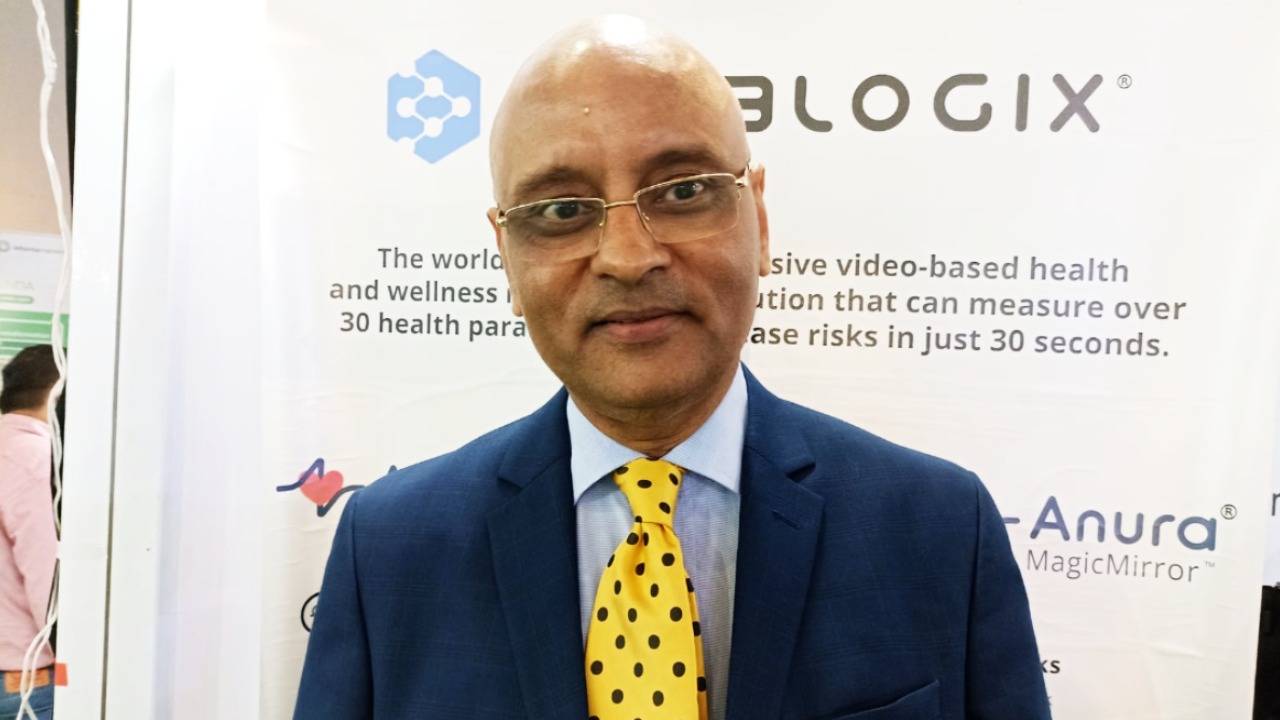
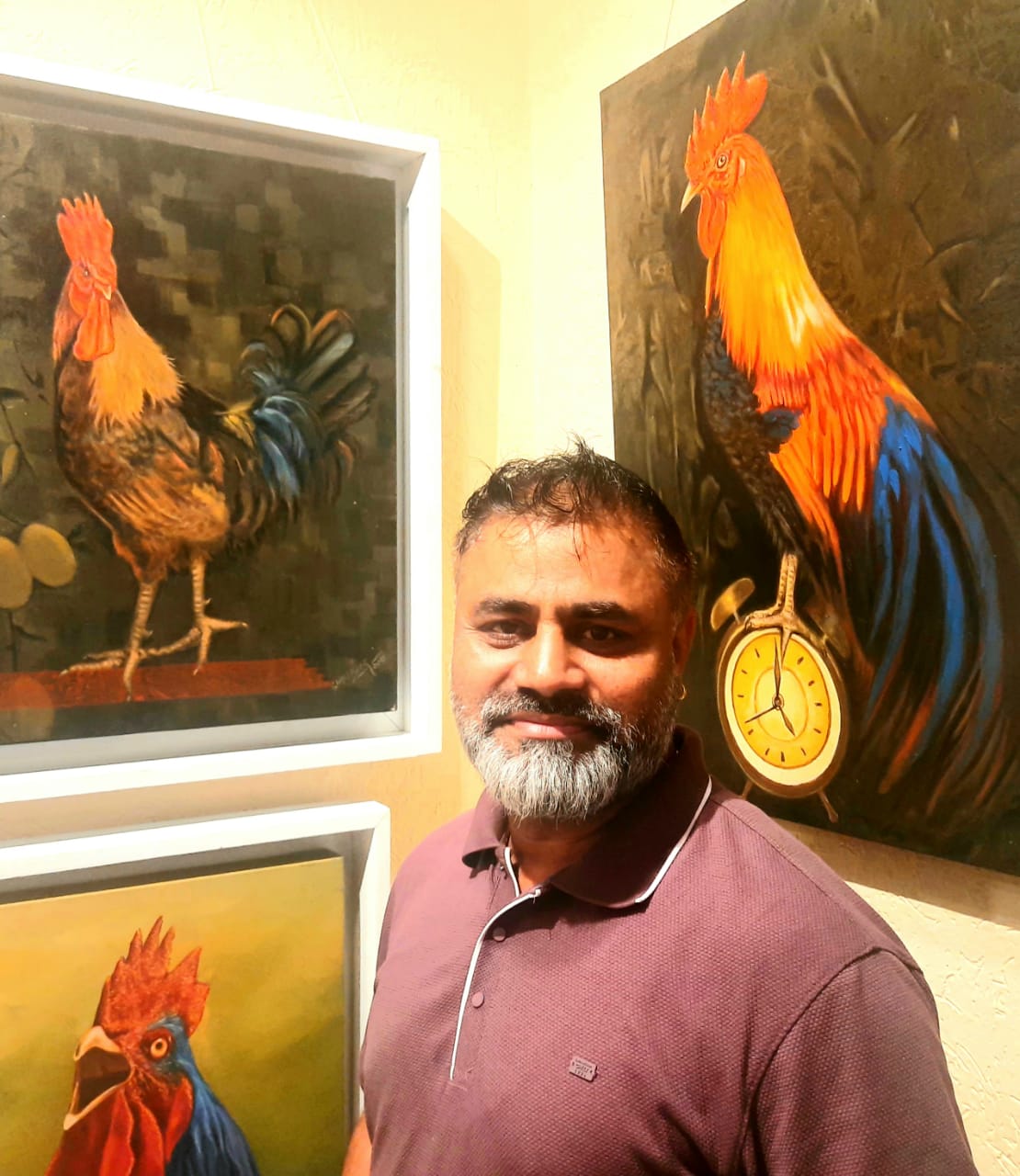
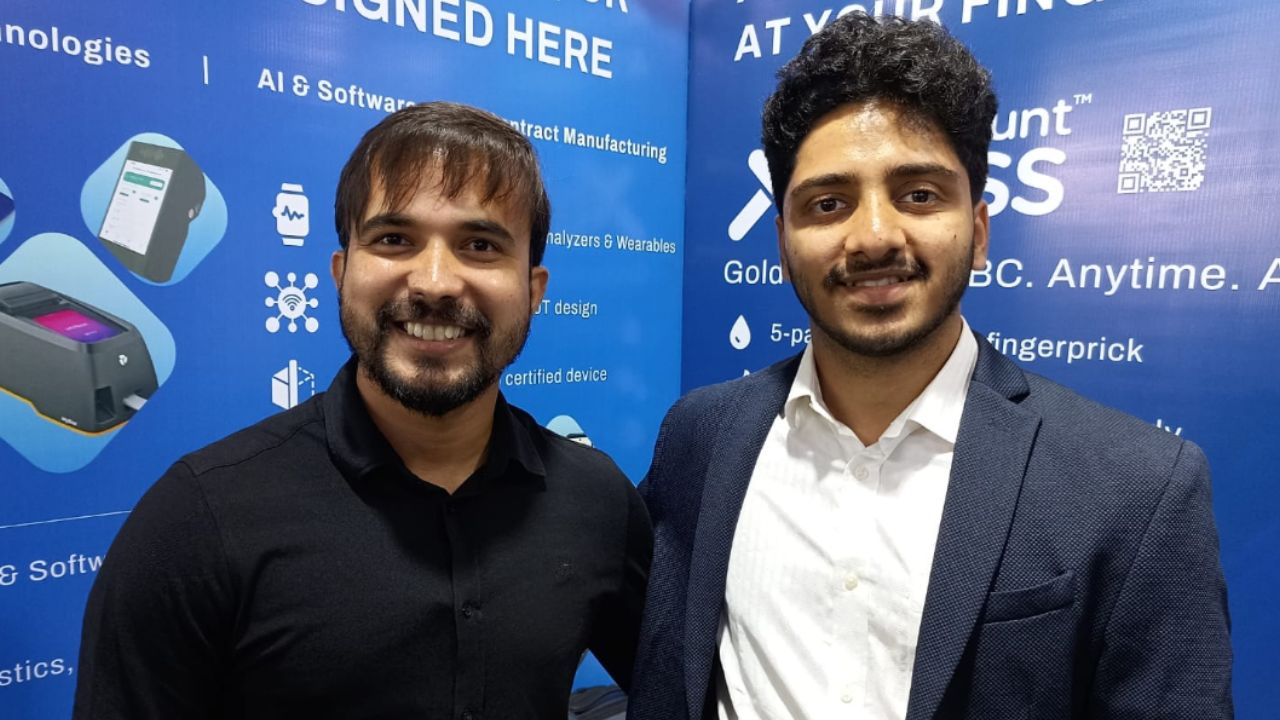
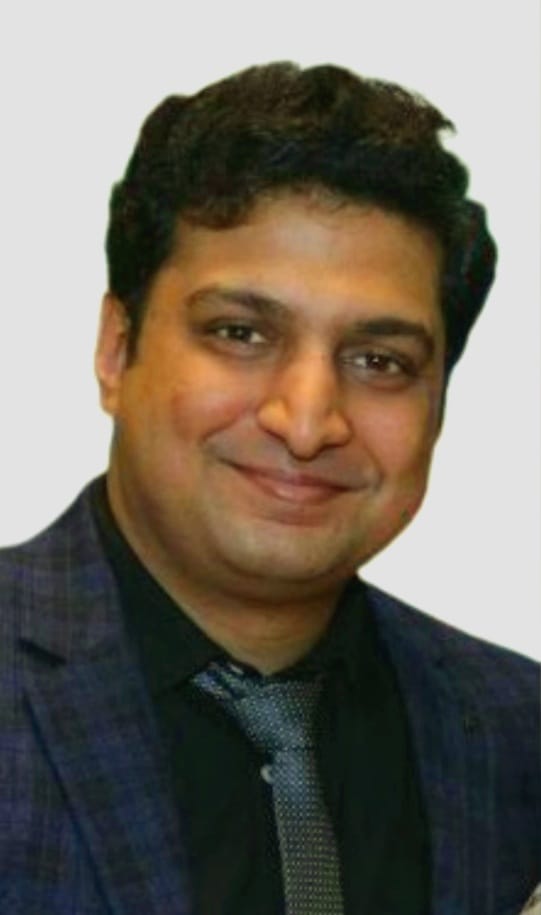
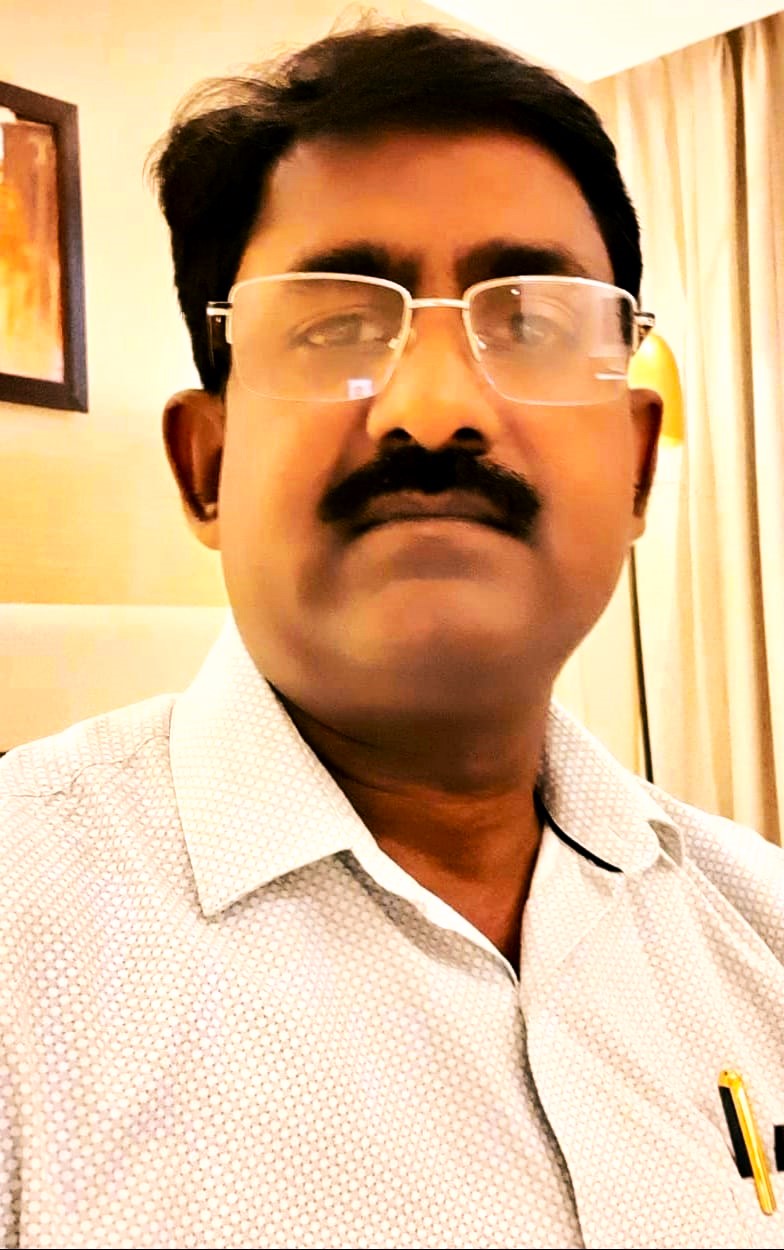


1 Comment
Nice knowledge enhancing.
Comments are closed.